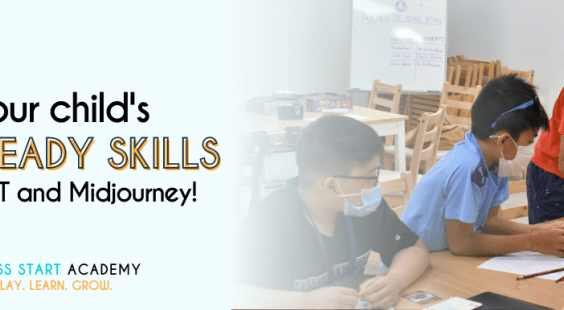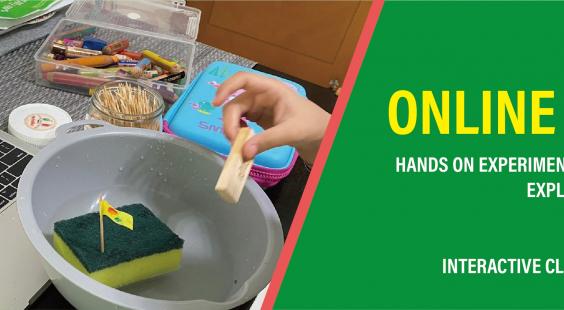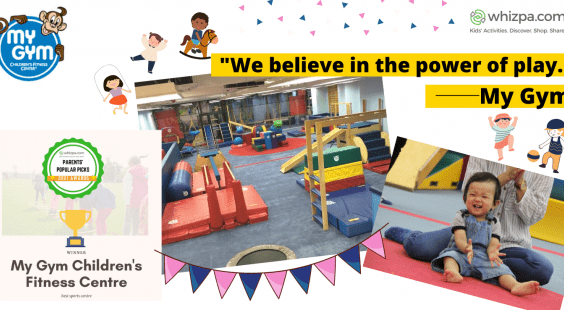
The Art of "Let-go" that Parents Need to Learn
Someone claims that parents need to constantly adjust themselves along with their children’s growing ages and changing needs, that often makes them annoyed to take care about and educate the children.
Before aged 3, children often receive unconditional love from parents through frequent physical touch, and trust between parents-child is fostered. By aged 3-6, they will need to start establishing norms, autonomy, and self-awareness. Since they will have increasing chances to expand their social network in aged 6-12, their academic performance will gradually be valued at the same time, a sense of accomplishment and positive motivation will be in result. In the rebellious period (aged 12 or elder) where they become teenagers, they are often struggling between dependence and autonomy, so parents need to maintain proper attention and trust on them whilst we should enable them to practice against the authority and believe in themselves.
In each stage of child development above, parents also need to adjust their mindset and allow certain flexibility. If parents themselves do not favor in intimate physical touch, or they didn't receive sufficient love in their past life experiences, it will be difficult for them to have physical or spiritual companionship with their child. Or some parents who tend to be more anxious that they have a higher desire for control and hope everything within their own imagination, which will affect their child’s self-confidence in the long run. For parents who think their child always needs them, they will find it difficult to accept that he/she is no longer a child but becomes a teenager. They have their own secrets and sometimes they will resist or reject their parents' ideas.
Managing Children or Self-Management?
As a parent, you may think that if you supervise less on your child, they will have more chances to express themselves and improve their self-confidence. If you have your child develop good habits from an early age, he/she will become a disciplined person in the future. Yet, are you managing your child or let them self-managing? These can be very different.
Firstly, the ability of self-management needs to be cultivated. If your child gets used to your supervision, reminders, reward and punishment, how can he/she manage themselves when they become an adult? Leave them alone properly and let them practice self-management is one of the ways.
Of course, some parents have hesitation to leave their children alone. They may worry themselves not being right for their children and that can affect their children’s future, so they are back to managing their children again. Some parents even think that “Those children are smart, while my children always need people to take care of.” who do not realize they are actually managing their children, not their children need to be managed. Remember, “letting go” does not mean “indulgence” or “disregarding”.
How Does Your Child Think?
Secondly, parents can't just think about “How can I make my child meet my requirements?” Instead, try to assume the role of your child and think about: “If I were him/her, what kinds of experience that I need to learn that would make me more active?” For instance, doing homework can become a sense of accomplishment, multiple reminders can cause pressure on the children, ways of making him/her feel our trust so that he/she can learn from challenges, and so on. Then you will get ideas what should you do.
FREE Download – Whizpa latest e-book
Finding it a challenge to communicate with your teenager? How can you become more aware of your reactions and calm yourself when conflicts take place? Learn more about how to adapt to your teens’ changing needs and increasing independence from the experts.
Here are just a few of the many trial classes available on Whizpa's eShop, such as Stormy Chefs (3-12 years old), Fabric Design & Crafting (6-8 years old), Fabric Design & Creative Sewing (8-11 years old), etc. Through different activities, students can equip themselves and learn a lot of practical life skills.








